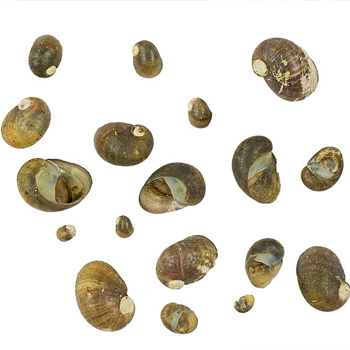How do you differentiate #f(x)=ln(x)^x-lnx/x^x#?
1 Answer
Explanation:
Start with assuming
Therefore,
Now, differentiating wrt x,
(Using the Chain Rule of Differentation)
The first term is simple to handle, and it reduces to
Let
Taking the natural log on both sides of the equation,
Differentiating both sides wrt x,
Replacing value of t,
Extrapolating further and using the value
Using the above expression in (1),
This can be further simplified to suit the provided answer. But this, I believe, is in a simple form by itself. The trick here is to differentiate the

